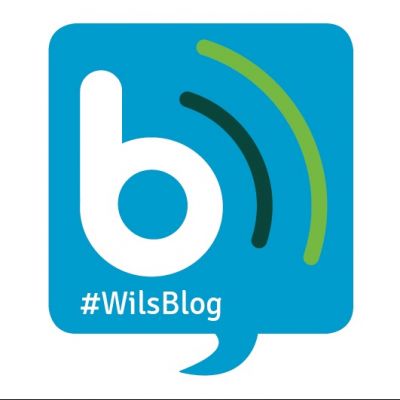
Wil's Blog
Thursday 30th November 2023
Last week, I was delighted to attend PCR London Valve 2023 with the Heart Valve Voice team and some of our incredible Patient Advocates. This year’s event was particularly special, as it saw the launch of Global Heart Hub’s Shared Decision Making Roadmap, a new resource which aims to improve patient experience for cardiovascular patients worldwide.
PCR London Valve has always been a special conference for Heart Valve Voice. In 2019, we celebrated our 5th birthday there, and every time I attend, I’m reminded of all the advocates who came along that year to celebrate our achievements to that day, and this year in particular, Sue Jardine, who sadly passed away in January. It is because of advocates like Sue that Heart Valve Voice are where we are today, and I’m sure everyone at Global Heart Hub would agree that without advocates like Sue, the Shared Decision Roadmap wouldn’t have been possible.
Shared decision making has always been a cornerstone of what Heart Valve Voice promote. We want to empower patients with the information and confidence to be an active part of their pathway, and we want decisions on their pathway to be based on their desires and the most up-to-date evidence. Shared decision making is a collaborative process, and it is proven to improve clinical outcomes as well as patient experience.
The Roadmap outlines what good shared decision-making is, and sets out a series of local actions that can be taken to improve the process. The Roadmap was created in collaboration with 19 multidisciplinary experts worldwide, including heart valve disease patients and advocates, cardiac surgeons, cardiologists, researchers and nurses. This collaboration means that the final Roadmap is built on a shared idea of what the process should look like.
However, at Heart Valve Voice, we hear huge variations in patients’ experience of shared decision-making. With this in mind, and with a need to take the actions in the report and bring them to life from a UK perspective, we held a Patient Engagement Session with eight patients from a variety of ages, backgrounds, treatments and experiences of shared decision making.
The session sought to identify the barriers to good shared decision-making, what needs to be done to improve the process and what Heart Valve Voice and our advocates can do to help future patients. We heard some positive stories about patients accessing good quality information, and feeling like their heart teams took a rounded approach to the decision-making process, and put great value on personal circumstances when deciding on what was best for the patient. The patients all had a huge amount of trust and respect for clinicians, however, some felt like accessing all treatment options was a battle, with some feeling like they were pushed towards certain decisions.
What was central to the outcomes was that any aid or tool to enhance shared decision-making needs to be structured in a way that is accessible. Our patients all accessed and consumed information in different ways, and they stressed the importance of ensuring that these factors need to be considered moving forward. Heart Valve Voice will now look at how we can work with clinical teams to create a decision aid for valve patients, as well as improve the variation in the quality of information patients are getting. We’ll be looking to connect with Patient Directors at Trusts to work with them and hospital teams to improve patient experience.
After the session, I participated in a panel discussion on the Roadmap in the Forum at PCR, where clinicians came to learn about the Roadmap and hear from some of the team who were a part of its development. Sandra McGonigle, a UK patient advocate, was on the panel, and she said something that stuck in my mind and summed up the importance of this work. Sandra said, “I was just at a meeting with patients where we discussed our experience of shared decision-making, and I was struck by one of my fellow advocates saying she was full of regret… “I wish I had known this. I wish I could have done that.” the burden of those regrets is on her, and it shouldn’t be like that.”
Good shared decision-making empowers patients and makes them an active part of their pathway. When they make a decision based on conversations with their heart team and good evidence, they can be comfortable and confident in their pathway, and not come to the end of it with regrets based on what they didn’t know.
